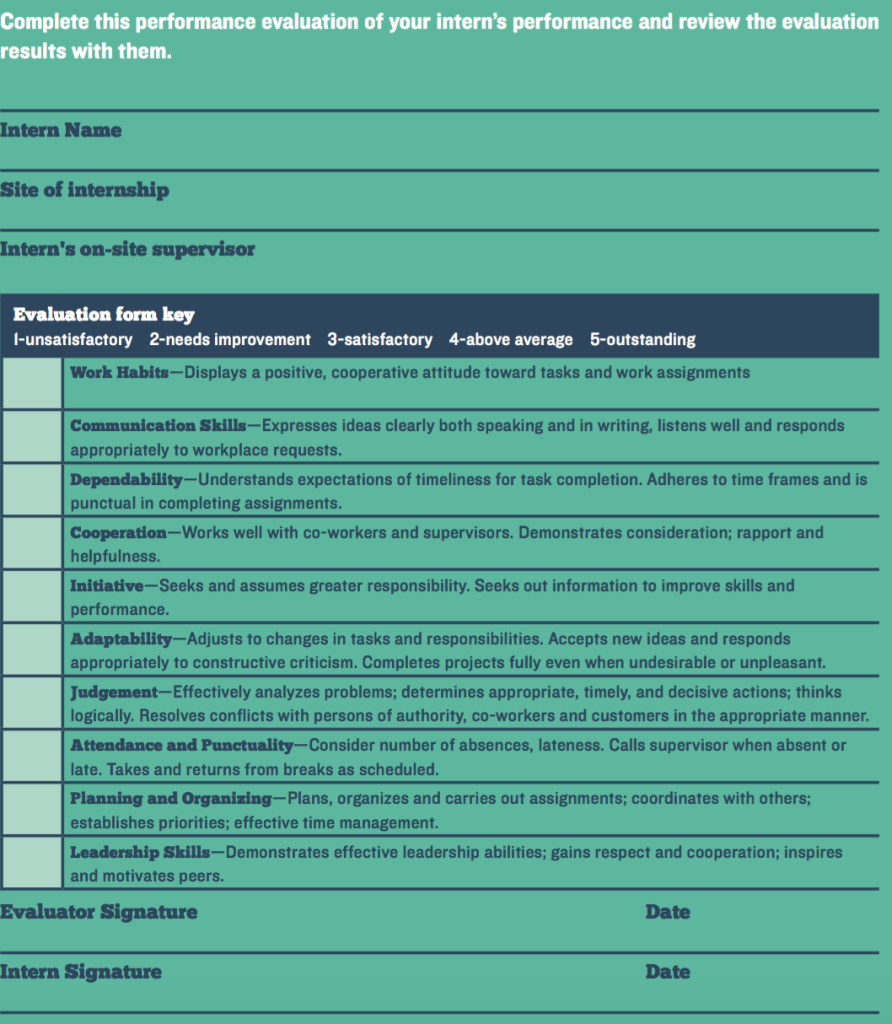This summer, thousands of young adults in New York City participated in internships that will start them toward successful careers. The interns aren’t the only ones who benefit: host employers across the city reap major rewards by filling skills gaps, infusing new energy into the company, identifying rising talent, and potentially diversifying their workforce.
Unfortunately, many companies struggle to recruit, use, manage, and evaluate young talent. For this reason, last year the NYC Center for Youth Employment reached out to dozens of companies who have created highly effective internship models. From these conversations, we identified best practices in the areas of recruitment, project planning, support, and troubleshooting. All the tools, strategies, and insights for running an effective internship program are outlined in our Employer Best Practices Playbook, but we’ve pulled out five key strategies from top companies to get you started.
AOL: Create Structure in Your Recruitment Process
AOL shared that the size and scope of its company requires a structured process. Intern candidates first speak with a company recruiter by phone, fielding questions that range from discussions of specific job functions to behavioral queries designed to gauge attributes such as communication skills, motivation, and ability to collaborate. Intern candidates who pass this initial screen go on to meet in person with one or two team members; candidates for full-time positions can meet eight or more as part of the hiring process.
Y&R: Provide A Comprehensive Orientation
Y&R ensures that its interns can hit the ground running by providing a thorough orientation as part of the onboarding process. Interns receive helpful information to better understand Y&R’s business model, including an overview of the agency, its history, and a glossary of common terms in the advertising field. A typical orientation process at Y&R might include formal introductions to staff either in meetings or along a facilities tour.
Medidata Solutions: Develop Detailed Project Plans
Medidata Solutions set up detailed processes for project planning to assure that interns will deliver work of real value to the company, as well as a useful developmental experience.
Medidata senior staff encourage hiring managers to develop projects that are both meaningful and that interns can perform. For example, the company’s head of security identified a project focused on setting up and securing satellite phones for executives — a task challenging but not impossible for a skilled young adult to execute.
MasterCard: Train Staff to Manage Interns
Since a supervisor will have a large influence on the quality of the internship experience, managers at MasterCard participate in training sessions before starting work with interns. Managers meet with human resources managers to ensure they are clear on expectations and have a sense of how to appropriately supervise an emerging professional. Particularly for first-time managers, the chance to review and learn from more experienced colleagues is useful in thinking through how to use and support a young worker who will be on hand for 10 weeks.
In addition, Mastercard creates a network of support for interns. Each intern is assigned a “buddy” — a near-peer mentor in age and experience, who can answer questions, connect them to colleagues in the firm, and provide general guidance. Interns are also assigned a senior mentor to support them with managing priorities, time management and teamwork.
Verizon: Evaluate the Internship Process
A thoughtful evaluation can offer valuable feedback and another aspect of an authentic work experience for interns. Verizon evaluates its interns using a standard interview document with a series of questions provided in advance. For example, interns are asked to talk about a time when they encountered resistance while working on a group project. Interns are evaluated on a 1-to-5 rating system, with scores informing whether or not the company will extend a job offer beyond the internship.

